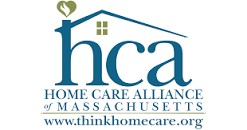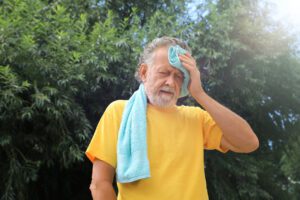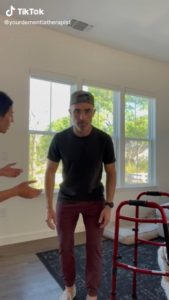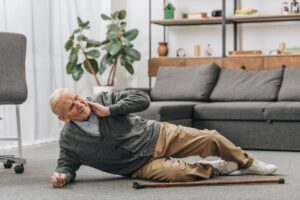Posts by Erin Burke
Cahoon Care Associates Provides Outstanding Home Care in Bangor, ME
Cahoon Care Associates, a family-owned and operated, non-medical home care agency serving seniors and their families in the Bangor, Maine area, was founded in 2010. We offer the highest-quality personalized care and comfort to elders who need assistance with daily living activities; are living alone or are at risk; are disabled or wheelchair-bound; and are…
Read MoreCahoon Care Assoc. Provides Outstanding Home Care in Maine’s Hancock County
Cahoon Care Associates, a family-owned and operated, non-medical home care agency serving seniors and their families in Maine’s Hancock County, was founded in 2010. We offer the highest-quality personalized care and comfort to elders who need assistance with daily living activities; are living alone or are at risk; are disabled or wheelchair-bound; and/or are recovering…
Read MoreCahoon Care Associates Provides Outstanding Home Care along Massachusetts’ South Coast
Cahoon Care Associates, a family-owned and operated, non-medical home care agency serving seniors and their families along the South Coast of Massachusetts, was founded in 2010. We offer the highest-quality personalized care and comfort to elders who need assistance with daily living activities; are living alone or are at risk; are disabled or wheelchair-bound; and/or…
Read MoreHome Care on the South Shore | Cahoon Care Assoc.
Cahoon Care Associates, a family-owned and operated, non-medical home care agency serving seniors and their families along the South Shore of Massachusetts, was founded in 2010. We offer the highest-quality personalized care and comfort to elders who need assistance with daily living activities, are living alone or at risk, are disabled or wheelchair-bound, and are…
Read MoreCahoon Care Associates Provides Outstanding Home Care on Cape Cod
Cahoon Care Associates, a family-owned and operated, non-medical home care agency serving seniors and their families in the Greater Boston area and on Cape Cod, was founded in 2010. We offer the highest-quality personalized care and comfort to elders who need assistance with daily living activities; are living alone or are at risk; are disabled…
Read MoreHow to Avoid Heat Issues with the Elderly
There’s nothing like basking in the warm sun during the summer months, drinking Vitamin D, and working on your tan. For seniors, however, the summer heat can be challenging – even deadly – especially if they have other health issues. That’s because the elderly have a harder time regulating their body temperature. Any prescription medications…
Read MoreTeepa Snow Video Tips: How to Handle Disturbing Hallucinations
When someone suffering from Alzheimer’s experiences disturbing hallucinations, trying to orient them to reality, arguing, or even getting angry can be tempting! Renowned brain change expert Teepa Snow believes a far better response is to reflect, validate, and support the individual. Click here or on the video above to find out why – and how!…
Read MoreVideo Tips: How to Redirect and Distract Dementia Patients
@yourdementiatherapist ♬ Roxanne – Instrumental – Califa Azul When someone suffering from dementia forgets something they’re supposed to do or thinks they’re still living in the past, it can be tempting to try to orient them to reality, argue, or reason with them. Brain change experts advocate that it can be far more effective to…
Read MoreVideo Tips: Too Tired to Shower?
@belightcare ♬ Knowledge – Vin Music It may not be a copout if someone with dementia says they’re too tired to shower, or that it takes too much energy. Showering can require a tremendous amount of physical and/or mental exertion for some individuals. Click here or on the video above to learn the best way…
Read MoreWhat to Check After an Aging Person Falls
Falls by an older person shouldn’t be taken lightly. Even if no injuries are apparent, and it seems the individual tripped and fell, it’s still important to be proactive about getting the proper medical assessment after a fall. Most doctors’ visits after a fall are to check resulting injuries, but more care is warranted. Falls…
Read More





